Search Videos and More
 News
News
Female and male hearts respond differently to stress hormone in mouse study
A new study by UC Davis researchers published in Science Advances concludes that female and male hearts respond differently to noradrenaline. News
News
Center for Skull Base Surgery earns national distinction
The North American Skull Base Society (NASBS) recognized the UC Davis Center for Skull Base Surgery as a NASBS Multidisciplinary Team of Distinction. The center provides life-changing care for patients with a variety of skull base, brain, head and neck tumors. News
News
A Minimally Invasive Repair for Coarctation of the Aorta
Boy receives life-changing cardiac catheterization for rare heart condition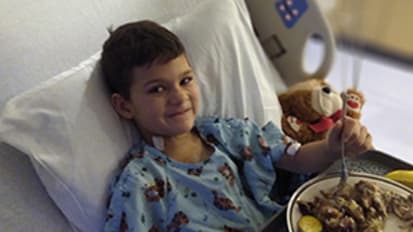 News
News
An unconventional approach beats coronary ostial stenosis
Greyson Anable was a healthy, energetic 6-year-old, until he collapsed from cardiac arrest News
News
The next generation of combined COVID-19 and flu test rolls out
C Davis Health has expanded its ability to test for both COVID-19 and flu viruses at the same time, rolling out a high-volume combined test that can run hundreds of tests daily – with “gold standard” results returned often in 24 hours or less.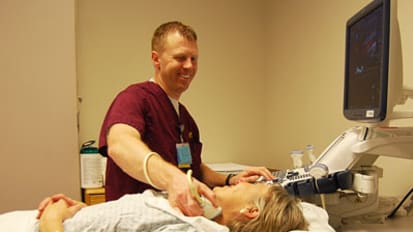 News
News
UC Davis Health vascular lab one of the nation's busiest
Ed Ronningen, manager of the UC Davis Vascular Lab, and his team use ultrasound technology to evaluate blood flow and help diagnose vascular diseases.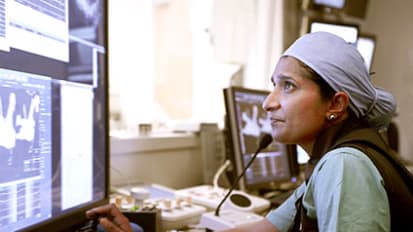 News
News
When to worry about AFib
UC Davis heart specialist Uma Srivatsa has spent her career treating arrhythmia. For Atrial Fibrillation Awareness Month, she discusses the symptoms, causes and treatments for this common type of arrhythmia, also known as AFib. News
News
Cardiac surgery chief delivered presidential address at international conference
Dr. Bob Kiaii, chief of the Division of Adult Cardiac Surgery at UC Davis Health, delivered his presidential address at the International Society of Minimally Invasive Cardiothoracic Surgery’s (ISMICS) 2022 Annual Scientific Meetings.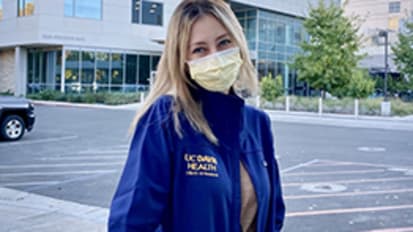 News
News
COVID-19 in the community: Employees suffer, too
Anastasiya Ivanko was a healthy, active 22-year-old until COVID-19 struck. News
News
Esophageal surgery at UC Davis Health
Much of our esophagectomy work employs minimally invasive techniques, such as VATS and laparoscopy Video
Video
Robotics: better visualization and precision
UC Davis Medical Center offers robotic-assisted surgery in several different specialties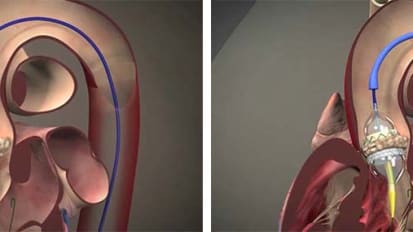 News
News
Preventing hospital readmissions following TAVR procedures
UC Davis Division of Cardiovascular Medicine researchers examined intermediate and high-risk patients undergoing TAVR between 2012 and 2018 and found causes for why some patients are more prone to rehospitalization following procedures.
